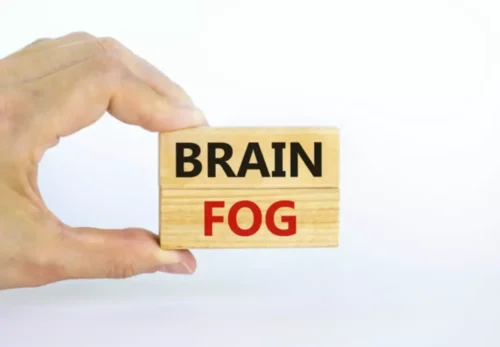Drunk driving is the most commonly committed criminal offense in the United States, with an estimated 300,000 people driving consequences of drinking and driving under the influence of alcohol every day. The negative consequences of drunk driving impact every level of our society. Furthermore, alcohol-impaired driving incurs serious, long-lasting consequences for the offending drivers themselves and every innocent person affected by their crimes.
- Operating a vehicle while under the influence of alcohol poses a threat to you and anyone in your vicinity.
- The impaired judgment caused by alcohol consumption makes drivers more susceptible to distractions while operating a vehicle.
- Community resources are diverted to respond to and prevent drunk driving incidents, leaving fewer resources available for other pressing needs.
Getting Treatment for an Alcohol Problem
Impaired perception makes it challenging to accurately judge distance and speed. Support groups, such as Alcoholics Anonymous (AA), provide a community of people going through similar struggles. These groups offer emotional support, accountability, and guidance in maintaining sobriety.
Alcohol
This device requires drivers to blow into the interlock and register a BAC below .02% to start the car. Research shows a significant relationship between alcohol and both the perpetration and victimization of road rage. The American Psychological Association (APA) states that people who experience road rage are more likely to misuse alcohol or drugs. Aggression combined with impaired judgment and impulse control can be a recipe for road rage incidents. Poor judgment can lead to speeding, running red lights, and other risky driving maneuvers. This is especially dangerous when your vision, coordination, and reaction time are also impaired.
Carrollton Texas
In 2022, there were over 11,000 fatalities in alcohol-impaired driving crashes. Discover the dangers of drunk driving, including key statistics, consequences, and prevention strategies. Learn about the impact on individuals, families, and communities in this comprehensive guide. Not only are there legal consequences for drunk driving, but you can injure yourself and others.
- These narratives often serve as powerful reminders of the need for prevention and support for those affected.
- While driving, there are numerous demands on a person’s attention, such as staying in the correct lane, monitoring other vehicles, managing speed, and following traffic signals.
- The act of drinking alcohol already depresses your ability to reason.
- Alcohol impairs your coordination when you reach a BAC of .05%, or about three drinks.
- After about three drinks, when your BAC reaches .05%, you may also lose control of small muscles in your eyes.
Talking to someone who can guide you through understanding and addressing the question of “why” is an important tool for recovery. Therapy may also lead you to develop coping strategies to avoid relapse or future tough decisions. DUI and DWI also restrict international travel and vacation choices, as some countries do not allow people with these convictions on their records to enter. A DUI or DWI conviction also creates a criminal record, which can have long-term consequences for employment, housing, and other critical lifestyle opportunities. Start your recovery journey with peace of mind, knowing your care is covered. Get professional help from an online addiction and mental health counselor from BetterHelp.
- NHTSA data shows that during 2021, 13,384 people died in accidents that involved drunk driving.
- Alcohol impaired driving is interpreted differently by some states and varies in the penalties and consequences.
Additionally, you may need to obtain an SR-22 document to verify you Sober living home have purchased auto liability insurance. Every day, about 32 people in the United States die in drunk-driving crashes — that’s one person every 45 minutes. Young people between the ages of 21 to 25 years old are the most likely to drive drunk. Even if your actions do not kill or seriously injure another person, having a DUI conviction can seriously affect your social life and personal relationships. It is likely you will feel ashamed of your actions and will be treated differently by everybody in your life who hears about the DUI charge. Eventually, you may shy away from social occasions, becoming anxious, reclusive and depressed.
Alcohol can negatively affect the muscular and skeletal systems by thinning the bones over time. This increases the risk of falls, fractures, muscle weakness, cramping, and atrophy. Alcohol makes your stomach produce extra acid, leading to inflammation of the stomach lining (gastritis). Diarrhea, vomiting, heartburn, ulcers, and stomach pain after drinking are common side effects.





